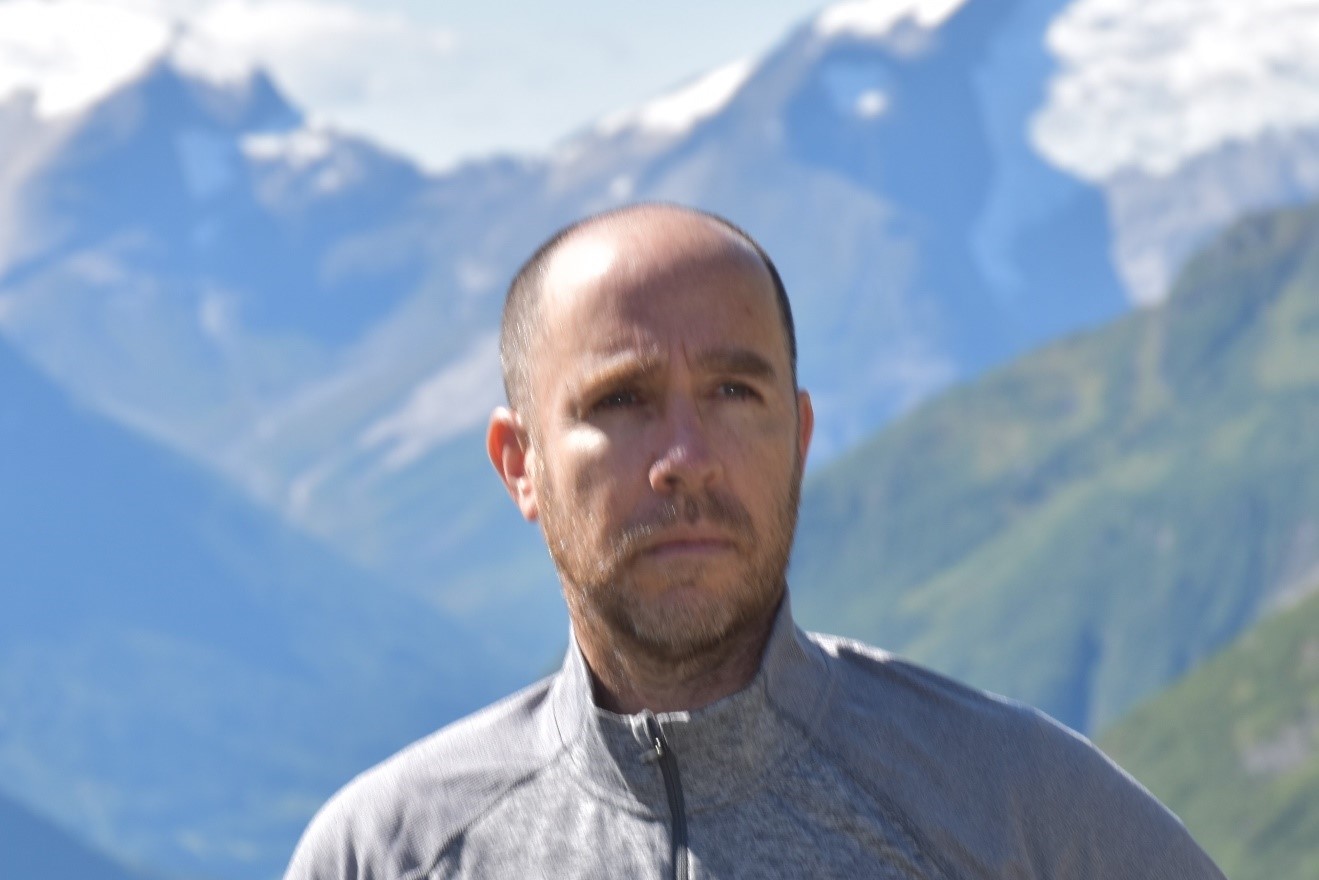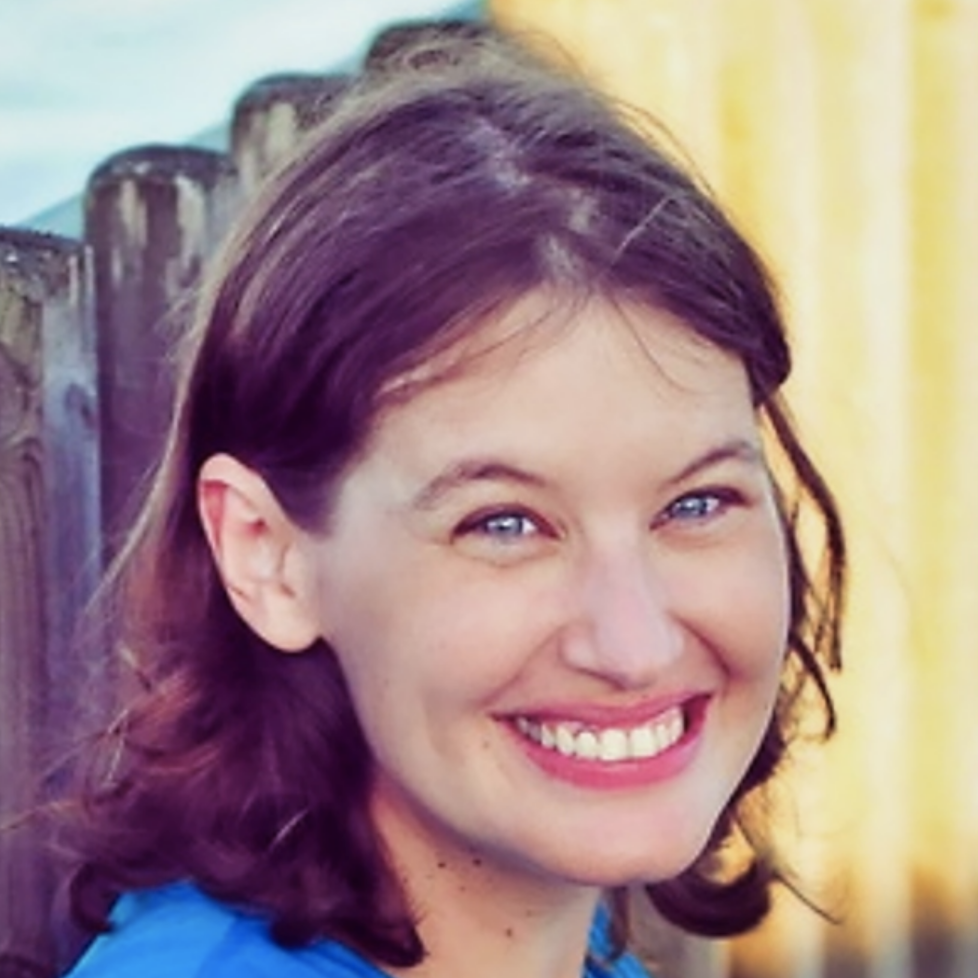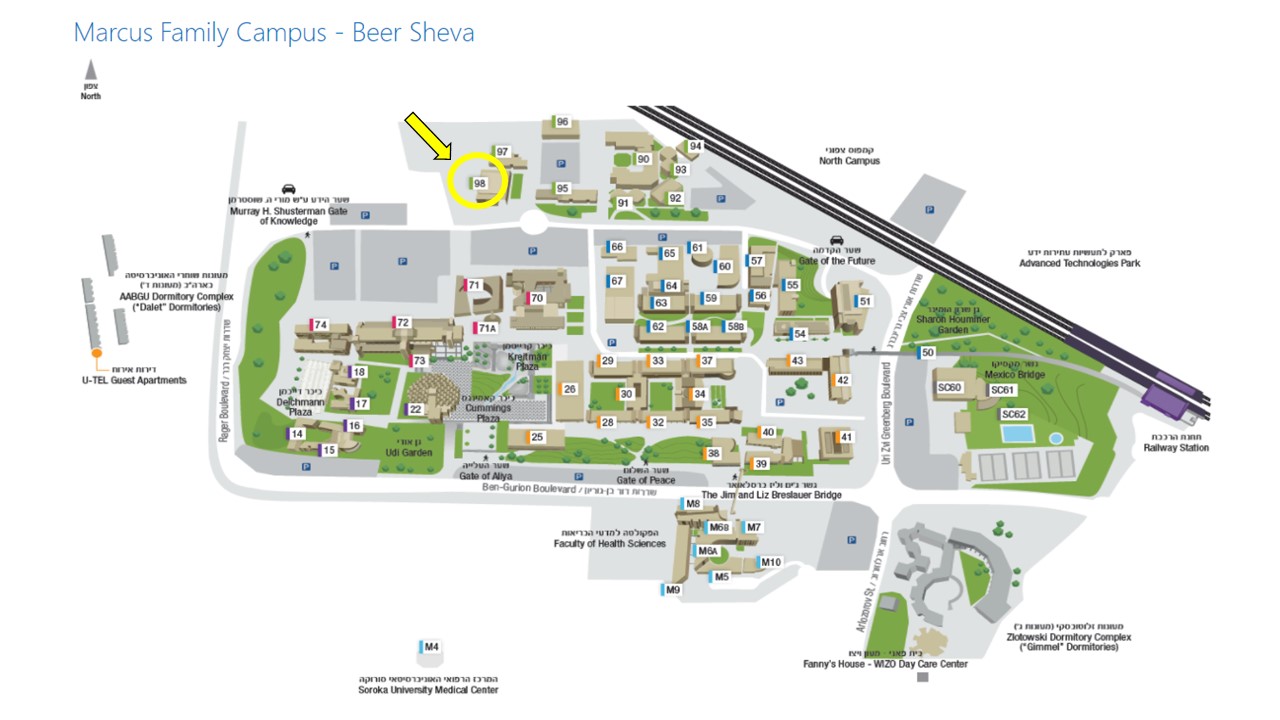Time |
Session |
Chair/Presenters |
8:30-9:10 | Registration and coffee | |
9:10-9:20
| Opening remarks | Oren Tsur
|
9:20-10:40 |
Orals A | Roy Schwartz |
09:20 | Filling the Gaps in Ancient Akkadian Texts: A Masked Language Modelling Approach | Koren Lazar, Asaf Yehudai, Gabriel Stanovsky, Benny Saret, Nathan Wasserman and Wayne Horowitz |
09:38 | QA-Align: Representing Cross-Text Content Overlap by Aligning Question-Answer Propositions | Daniela Brook Weiss, Paul Roit, Ayal Klein, Ori Ernst and Ido Dagan |
09:56 | How to Do Things without Words: Modeling Semantic Drift of Emoji | Eyal Arviv and Oren Tsur |
10:09 | Q^2: Evaluating Factual Consistency in Knowledge-Grounded Dialogues via Question Generation and Question Answering | Or Honovich, Leshem Choshen, Roee Aharoni, Ella Neeman, Idan Szpektor and Omri Abend |
10:27 | Cryptonite: A Cryptic Crossword Benchmark for Extreme Ambiguity in Language | Avia Efrat, Uri Shaham and Omer Levy |
10:40-11:00 | Coffee break | |
11:00-12:00 |
Keynote 1: Dafna Shahaf | Yonatan Belinkov |
12:00-13:30 | |
13:30-15:00 |
Orals B | Gabi Stanovsky |
13:30 | AlephBERT: Pre-training and End-to-End Language Models Evaluation from Sub-Word to Sentence Level | Amit Seker, Elron Bandel, Dan Bareket, Idan Brusilovsky, Refael Greenfeld and Reut Tsarfaty |
13:48 | Back to Square One: Bias Detection, Training and Commonsense Disentanglement in the Winograd Schema | Yanai Elazar, Hongming Zhang, Yoav Goldberg and Dan Roth |
14:06 | The Possible, the Plausible, and the Desirable: Event-Based Modality Detection for Language Processing | Valentina Pyatkin, Shoval Sadde, Aynat Rubinstein, Paul Portner and Reut Tsarfaty |
14:24 | The Grammar-Learning Trajectories of Neural Language Models | Leshem Choshen, Guy Hacohen, Daphna Weinshall and Omri Abend |
14:42 | New Conversation Types for Multi-domain conversational AI | Gilad Landau and Jackie Assa |
15:00-15:30 | Coffee break | |
15:30-16:30 |
Keynote 2: Noam Slonim | Yuval Pinter |
16:30-17:45 |
Posters 2
|
17:45-18:00 | Closing remarks | Yuval Pinter |
Keynote Speaker 01: Dr. Noam Slonim

Title:
Project Debater – an autonomous debating system
Abstract: Project Debater is the first AI system that can meaningfully debate a human opponent. The system, an IBM Grand Challenge, is designed to build coherent, convincing speeches on its own, as well as provide rebuttals to the opponent's main arguments. In 2019, Project Debater competed against Harish Natarajan, who holds the world record for most debate victories, in an event held in San Francisco that was broadcasted live world-wide. In this talk I will tell the story of Project Debater, from conception to a climactic final event, describe its underlying technology and its value to business use cases, and present the results of recent systematic evaluation of the system performance.
Short Bio: Noam Slonim is a Distinguished Engineer at IBM Research AI. He received his doctorate from the Interdisciplinary Center for Neural Computation at the Hebrew University and held a post-doc position at the Genomics Institute at Princeton University. Noam joined the IBM Haifa Research Lab in 2007, and in 2011 he proposed to develop Project Debater. He has been serving as the Principal Investigator of the project since then.
Keynote Speaker 02: Prof. Dafna Shahaf

Title:
Double feature: Modeling cultural phenomena
Abstract:
In this talk we'll cover two recent works. In the first, we introduce a novel setting in humor mining: automatically detecting funny and unusual scientific papers. We are inspired by the Ig Nobel prize, a satirical prize awarded annually to celebrate funny scientific achievements (example past winner: “Are cows more likely to lie down the longer they stand?").
In the second, we focus on snowclones -- customizable phrasal templates that can be realized in multiple, instantly recognized variants. For example, “* is the new *" (orange is the new black, 40 is the new 30). We develop a system that can automatically detect cultural references in text and evaluate it via a user study. We hope that detecting snowclones can complement work on paraphrasing and help tackling long-standing questions in social science about the dynamics of information propagation..
Short Bio: Dafna Shahaf is an Associate Professor in computer science at the Hebrew University of Jerusalem. Dafna's research focuses on helping people make sense of massive amounts of data, with a special emphasis on unlocking the potential of the many digital traces left by human activity to contribute to our understanding (and computer emulation) of human capacities such as humor and creativity. She received her PhD from Carnegie Mellon University, and was a postdoctoral fellow at Stanford University and at Microsoft Research. Prof. Shahaf has won multiple awards, including best research paper awards at KDD 2010 and KDD 2017, an ERC starting grant, a Microsoft Research Fellowship, a Siebel Scholarship, a Magic Grant for innovative ideas and Wolf's Foundation Krill Award, as well as MIT Tech Review's "Most thought-provoking paper of the week".
ISCOL 2021 - Israeli Seminar on Computational Linguistics
Computational Linguistics and Natural Language Processing are active research and development fields in Israel today, both in academia and industry. ISCOL is a venue for exchanging ideas, reporting on work in progress and established results, forming collaborations, and advancing connections between academia and industry. ISCOL is also a friendly stage for students for their first appearance in this community.
Submission Instructions
We invite presentations on recent work in all areas of computational linguistics, natural language processing and all closely related fields. We accept work underway, provided that it represents recent and original work of interest to our audience.
We accept two kinds of submissions:
1. Extended abstracts (up to 2 pages, not including references).
2. Full papers that were submitted to another Computational Linguistics venue. Please indicate in the end of the abstract field on the submission form whether the paper was accepted (and in this case, to which venue), rejected, or is currently under review.
Submission deadline: September 5.
Visiting BGU
You can reach Ben-Gurion University of the Negev by car or public transportation.
Car - take highway 4 south from Tel-Aviv, switch to highway 41 East in Ashdod and then follow highway 40 South to Beer-Sheva.
Israel Railways schedule and fares (in English and Hebrew) information at 03-5774000
or 04-8564444. Get off at Beer Sheva north station. Take the Mexico Bridge to the campus.
Egged Bus Service schedule and fares (in English and Hebrew ) information at 03-6948888.
Get off at Reger Road and Ben-Gurion Boulevard intersection. (bottom left corner of map above.)
Metropoline Bus Service schedule and fares (in Hebrew only ) information at *5900
e-mail: info@metropoline.com. Get off at Reger Road and Ben-Gurion Boulevard intersection. (bottom left corner of map )

